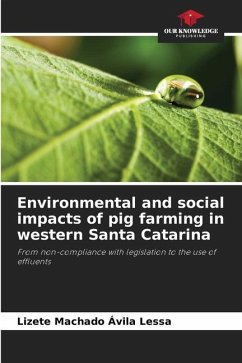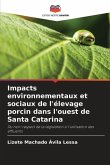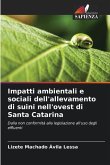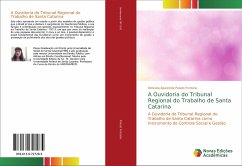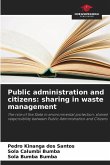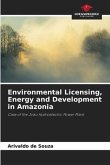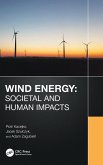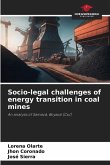The breeding of pigs in Brazil has been gaining prominence in the world economic scenario for being one of the most consumed meats in the world today. Despite this recognition, the activity of raising pigs is considered an activity that causes great environmental impact, because most of the time there is not a correct management of swine waste. The western region of Santa Catarina was chosen as the setting for this work, as it represents well the advances and problems related to the raising of pigs. Water, soil and air pollution greatly compromise the sustainability of the activity, which could be more profitable and less polluting. However, despite being a polluting activity, source of methane gas, the waste from pig farming can be used for other purposes such as energy generation and production of biofertilizers.
Bitte wählen Sie Ihr Anliegen aus.
Rechnungen
Retourenschein anfordern
Bestellstatus
Storno

